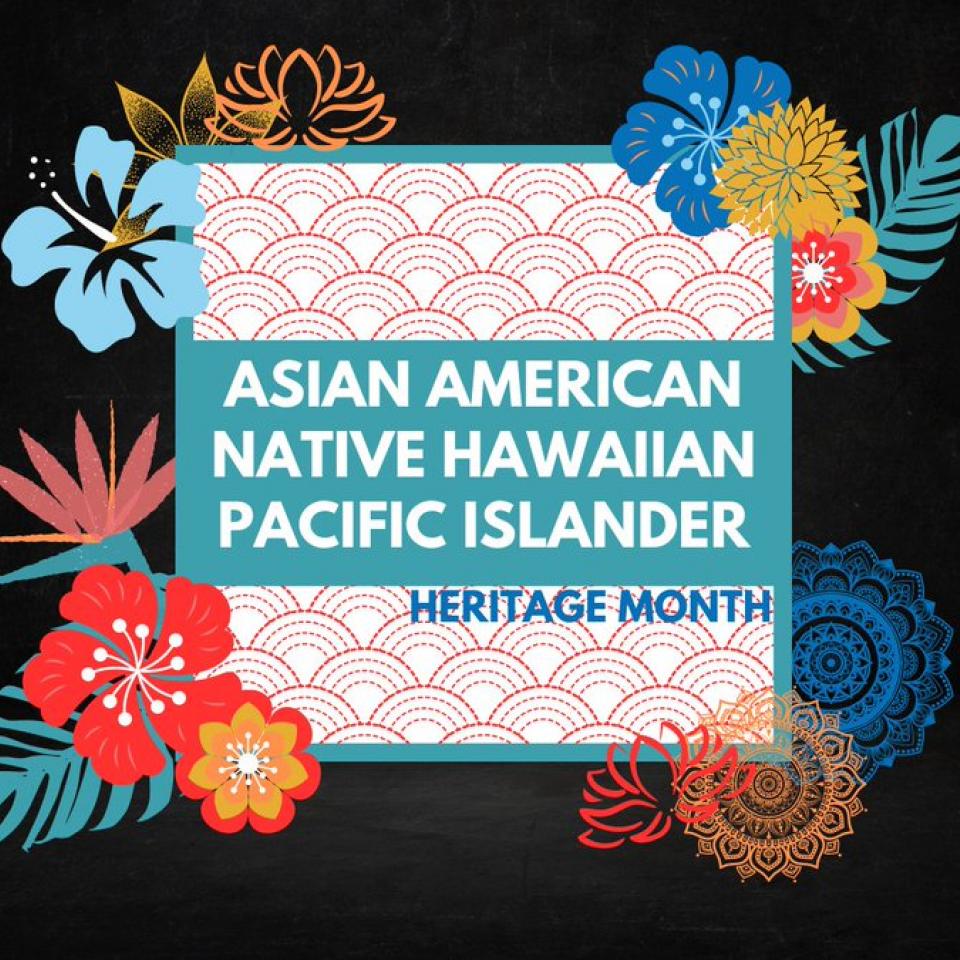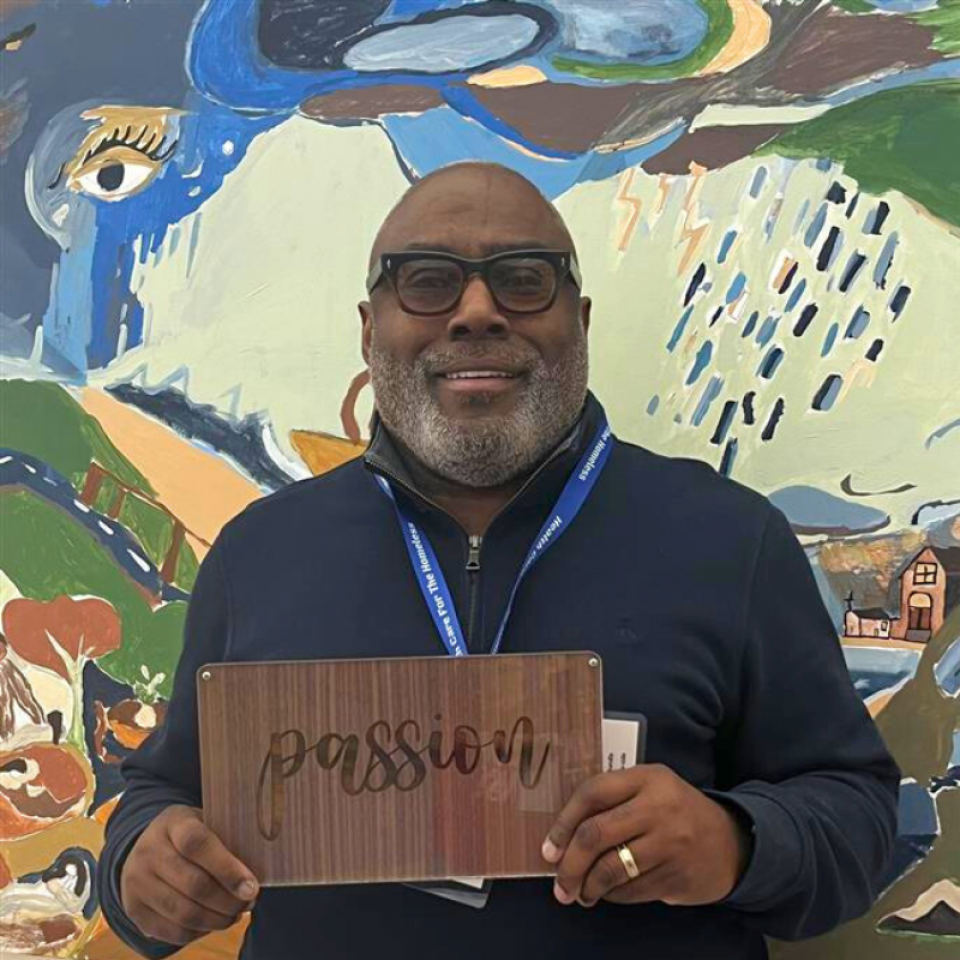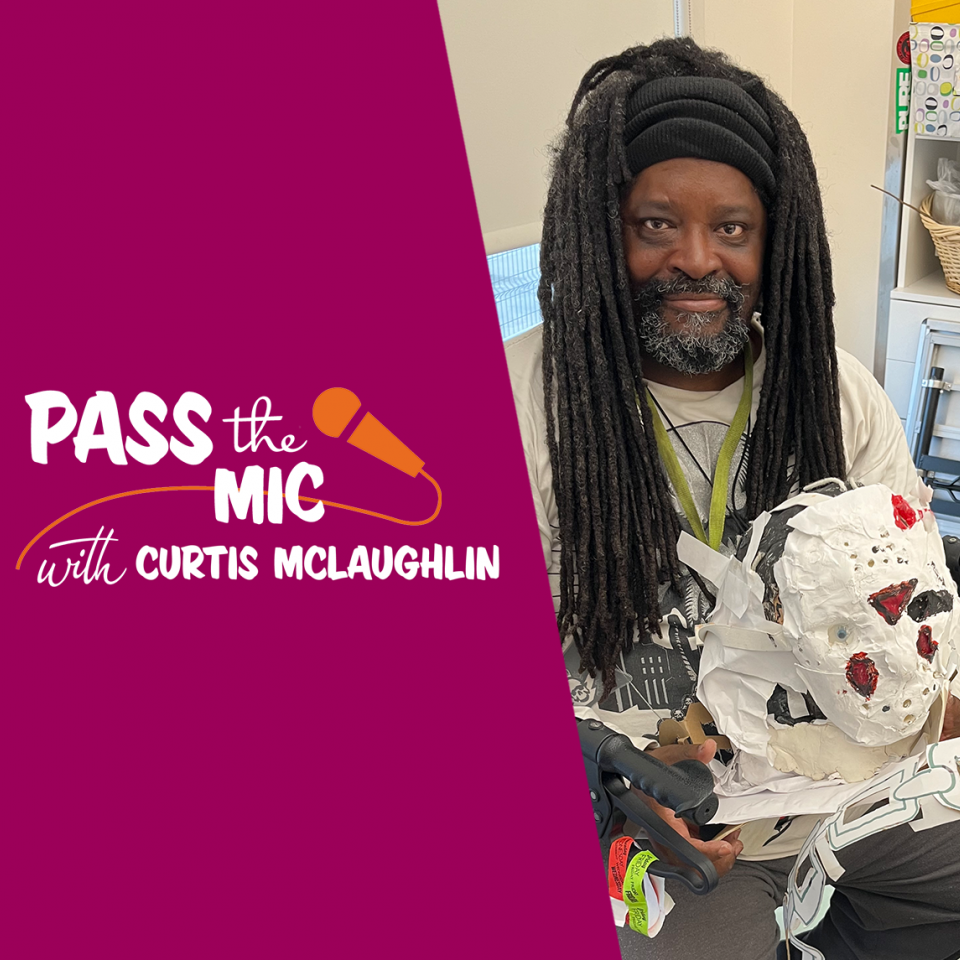May is Asian American, Pacific Islander, and Native Hawaiian Heritage Month, a time to celebrate and honor the diverse cultures, histories, and contributions of these communities.

11.13.20
“At the beginning of COVID, many in the community looked to us for support as smaller syringe service providers had to alter services. We found that this was a service we were missing. We’re really well positioned to maintain this service and that it’s a great complement to the wrap-around services we’re already offering.”
Dr. Adrienne Trustman, Chief Medical Health Officer
Syringe services offer people who use drugs a safe space to exchange old needles for new ones – a public health practice that is proven to keep people who use safe, as well as to decrease the spread of HIV and Hepatitis C.
Starting in 2021, we will be the first Federally Qualified Health Center in Maryland to join 12 other organizations already to providing syringe services across the state.
syringe services fit into our person-centered, harm reduction framework.
While these is no one definition of harm reduction, Harm Reduction International explains it as “ a set of policies, programs and practices that aim to minimize the negative health, social and legal impacts associated with drug use, drug policies and drug laws. Harm reduction is grounded in justice and human rights.”
Harm reductions supports the notion that everyone deserves to be seen, heard and allowed to access what they need to stay healthy without judgement. Syringe services are a huge part of that.
“You can’t force someone to quit 'cold turkey' – it doesn’t work. This service gives us the opportunity to meet people where they are and build relationships,” says Erica Brown, Medication Assisted Treatment (MAT) Program Manager.
Per state requirements, clients who want to access needles will have the option to meet with a medical or behavioral health provider, get tested for HIV/Hep C and connect with substance use counseling.
Learn more about harm reduction from the Baltimore Harm Reduction Coalition.
Everyone benefits from this service.
According to Erica, “Clients aren't just leaving with syringes, but with a Narcan prescription (to prevent overdose), education on how to use more safely, a sharps container for safe needle disposal and information on how take the next step when they’re ready.”
When people access care without being stigmatized, they engage in substance use treatment, educate others, save lives (read Gregory’s story) and help decrease HIV and Hep C rates.
“In my role, I watch clients get better because of harm reduction practices. It’s a great feeling knowing that we can make those services even better. I get emotional thinking about the impact it will have,” says Erica.
More Recent News
Gregory Rogers is a Senior Community Health Worker (CHW) with years of experience in addiction counseling. A vital part of a client’s care team, CHWs work with clients to navigate care both in the clinic and out in the community. See how Greg spends his days!
An artist, gamer, and movie lover, Curtis McLaughlin has been part of the Health Care for the Homeless Art Group for more than five years. Get to know Curtis in the lasted edition of "Pass the Mic".
Client storytelling is a staple of the nonprofit business model, ever present in advocacy, clinic tours, fundraising—and news articles like the one you are reading right now.


